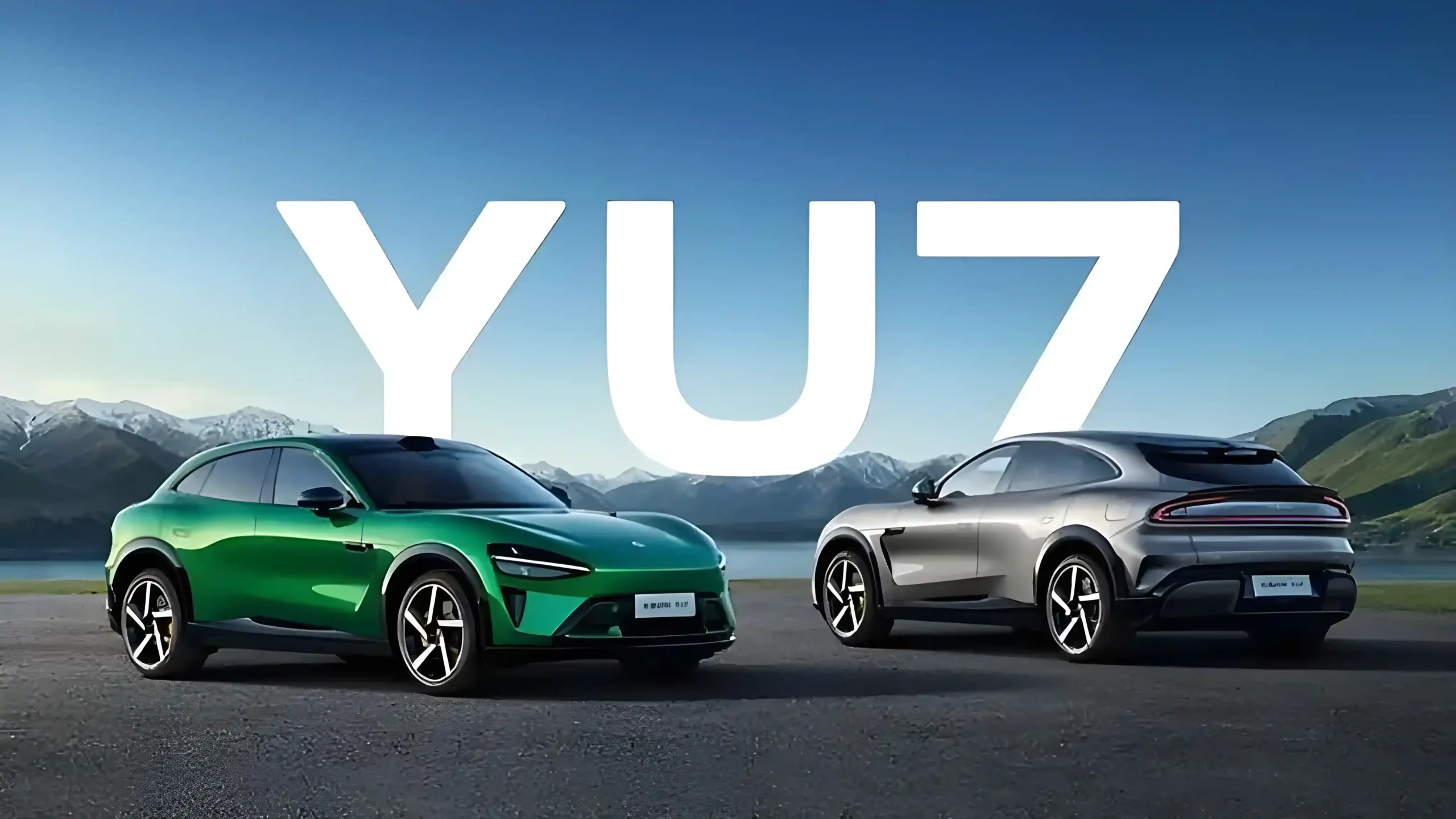
In 2025, when technology and automobiles are more connected than ever, Xiaomi surprised the world with the sudden launch of its new electric SUV, the Xiaomi YU7. The car not only shook up China’s highly competitive new energy vehicle (NEV) market but also set a new benchmark with its unbelievable sales figures and futuristic technology. Within just 18 hours of launch, 2.48 lakh orders were placed – a number that even seasoned automakers rarely achieve. For Lei Jun, Xiaomi’s founder, who calls this “his last big entrepreneurial venture,” the YU7 is proof that a tech company can successfully step into the automobile world. His philosophy of “sticking to the basics while delivering surprises” is now reflected in Xiaomi Auto.
1. From Phones to Cars: Xiaomi’s Big Breakthrough
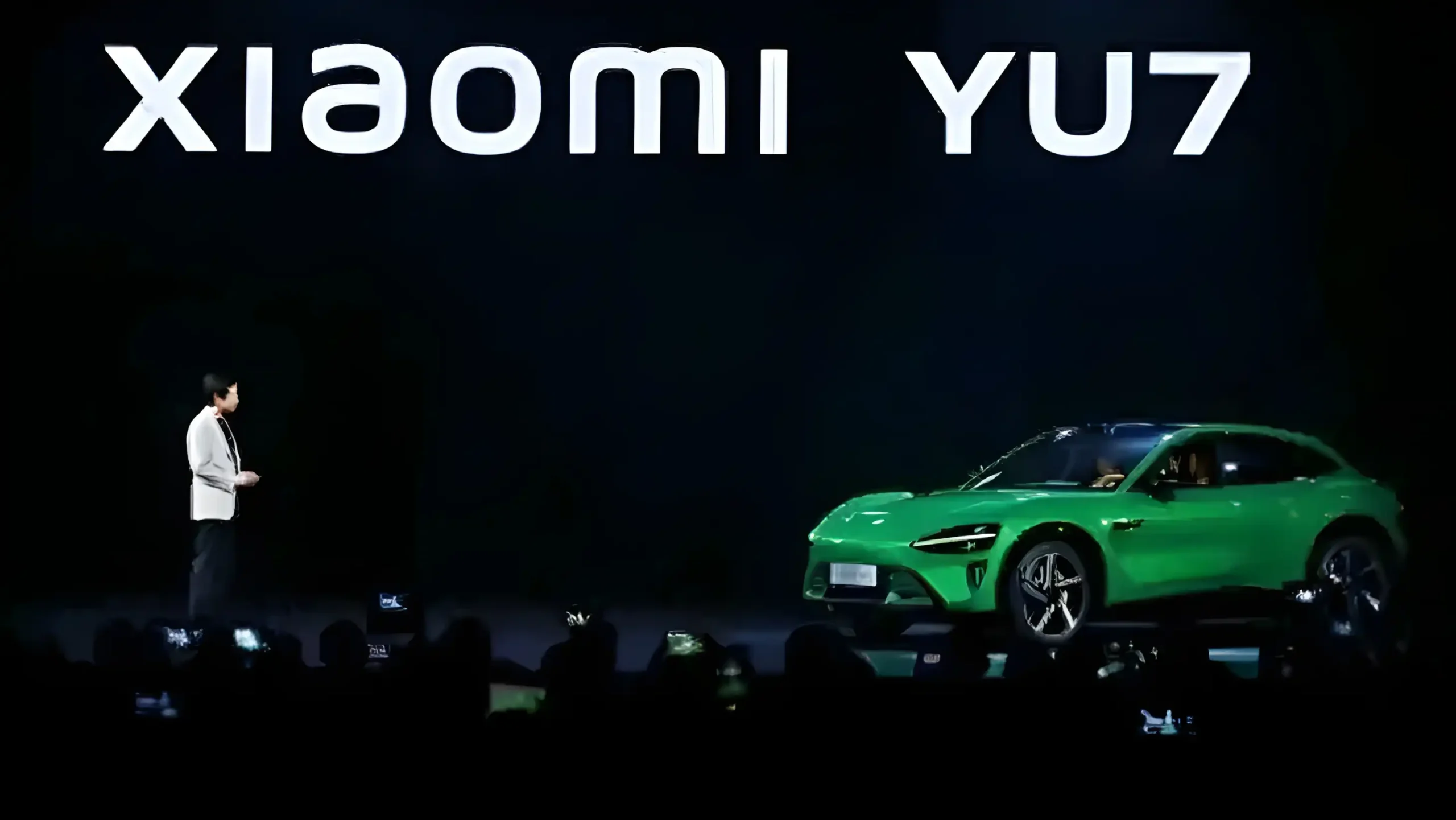
The Xiaomi YU7’s success is not just about specs; it is the natural result of Lei Jun’s “ecosystem synergy” strategy. While many traditional car brands struggle to integrate smoothly with mobile devices, Xiaomi has a massive advantage – it already runs the world’s largest IoT (Internet of Things) platform, connecting smartphones, smart homes, and now, cars.
Data shows that over 52% of Xiaomi SU7 car owners already own five or more Xiaomi devices. With the YU7, this ecosystem power has grown further. Imagine this: you get into your car, and your schedule automatically syncs from your Xiaomi phone. When you step out, your robot vacuum cleaner at home turns on automatically. If you go camping, you can even control drones for aerial photography straight from the car’s central screen. This isn’t just about horsepower – it’s about lifestyle integration, something no other automaker is offering at this scale.
Lei Jun also understands the power of combining founder-driven branding + fan community. Xiaomi already has over 500 million monthly active users worldwide, which acts like a built-in traffic pool for the YU7. The launch livestream had more than 400 million viewers, and Lei Jun’s single Weibo post crossed 8 billion views. This kind of attention is something even billion-yuan ad campaigns from legacy car companies cannot buy.
2. Tech That Beats Tesla? Xiaomi’s Bold Claim
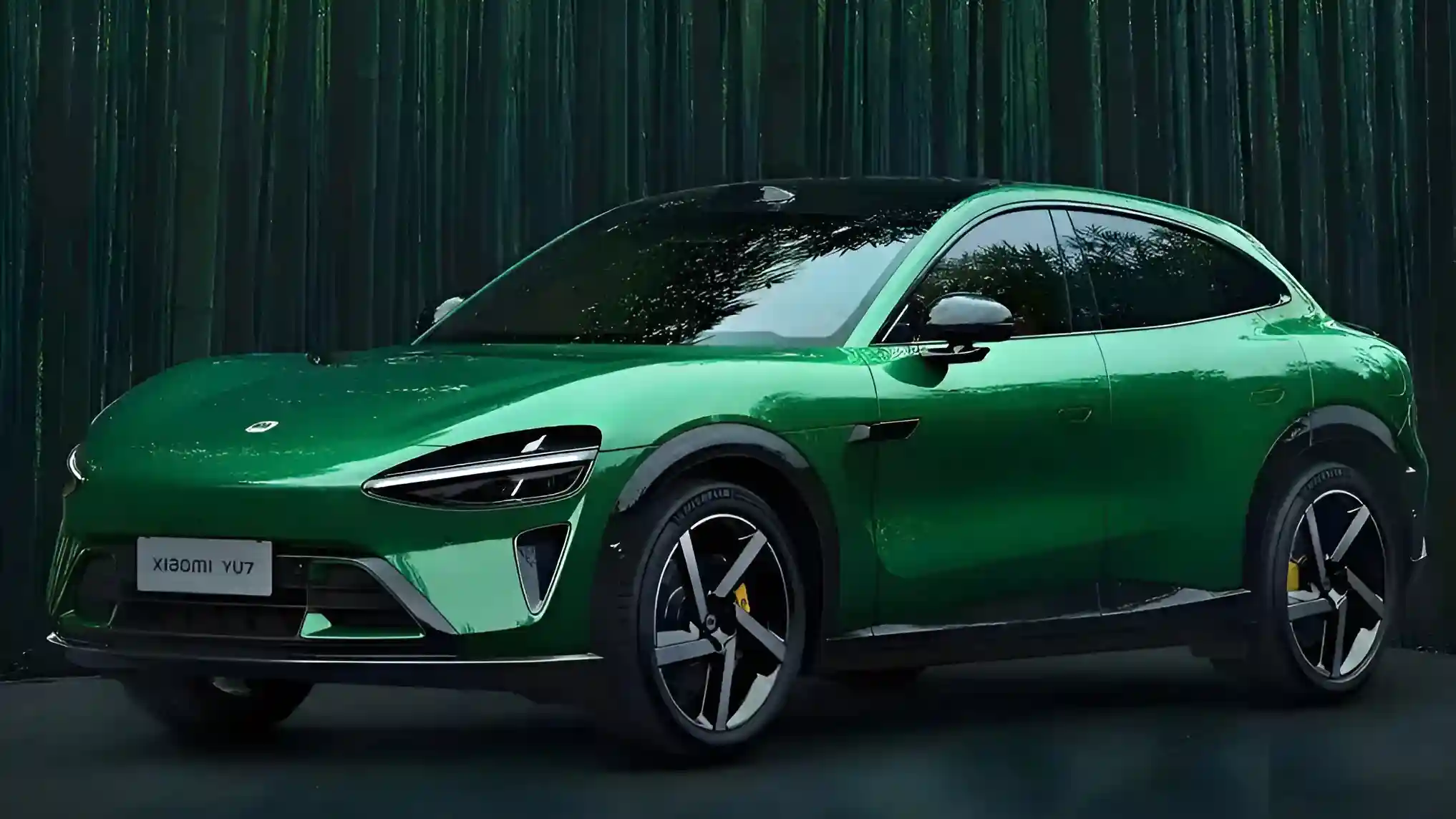
When people questioned whether Xiaomi, a phone brand, could really make cars, Lei Jun responded with data and testing records. The YU7 has gone through 539 days of testing, across 296 cities, covering 6.49 million kilometers. Lei Jun personally test-drove over 170 cars in three years and wrote over 2 lakh words of notes before finalizing the YU7. This obsessive engineering spirit is what gives the YU7 its rock-solid performance.
1. Battery Range That Breaks Limits
The standard version has a driving range of 835 km (CLTC cycle), and in real highway tests at 120 km/h, it reached 393 km. The dual-motor version uses CATL Kirin batteries and BYD’s supercharging tech, achieving 400 km range in just 5 minutes of charging – which is 4x faster than Tesla’s V4 superchargers. Even in freezing -10°C temperatures, the YU7 delivered 82% of its range, removing the usual EV range anxiety.
2. Smarter Driving With LiDAR + AI
Every YU7 model comes with LiDAR sensors and Nvidia Thor chips (700 TOPS computing power). This supports Xiaomi’s advanced autonomous driving system. Test data shows a 57% boost in comfort, 67% better lane-change success, 23% better intersection handling, and radar that works even in heavy rain or fog, three times better than traditional systems.
3. Next-Level Safety Features
The car body is made with 2200 MPa hot-formed steel, making it extremely crash-resistant. A built-in roll cage improves structural strength by 35%, and for the first time ever, Xiaomi has added a “Motion Sickness Relief Mode”, developed with hospitals, which reduces travel sickness for 85% of passengers by adjusting acceleration curves.
3. YU7 SUV: Luxury + Performance at a Killer Price
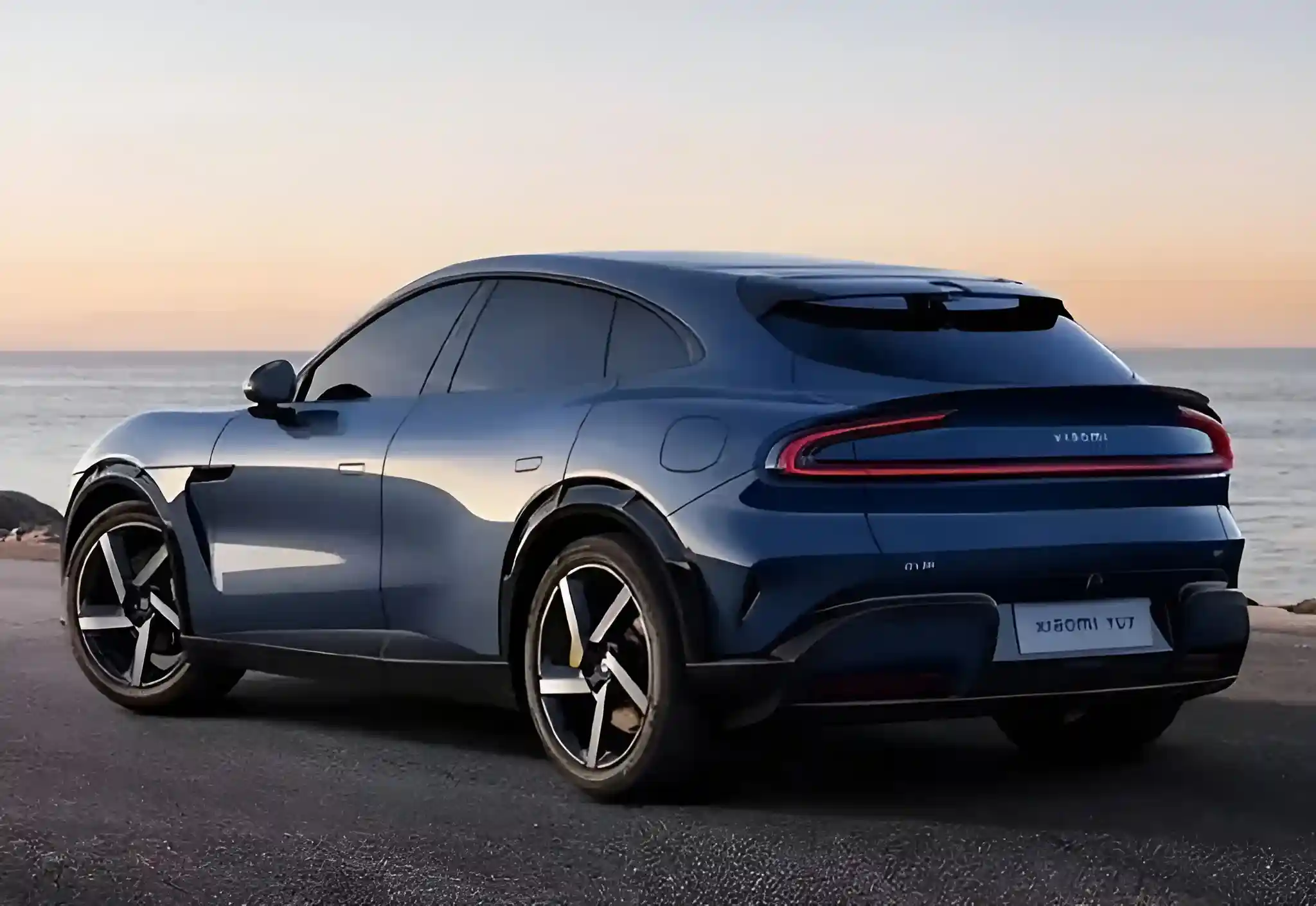
Lei Jun’s philosophy is simple – give premium features as standard, but at a lower price. The base YU7 is priced at 253,500 yuan (~₹30 lakh), which is 13,500 yuan cheaper than Tesla Model Y Long Range, yet it offers LiDAR, Nappa leather seats, and an 800V platform as standard.
Performance That Outruns Tesla
The YU7 Max goes 0–100 km/h in 3.23 seconds, with a top speed of 253 km/h, beating Tesla Model Y Performance. Even the single-motor version is highly efficient, consuming only 13.3 kWh per 100 km, saving about ₹35,000 annually in electricity bills.
Space & Comfort Built for Families
With a 3000mm wheelbase, flat flooring, and 1.2m of rear legroom, it easily fits two child seats plus an adult. The hatchback tailgate can fit a 2.8m surfboard, making it practical for families and adventurers alike.
Design That Solves Real Problems
Despite being an SUV, its 0.23Cd drag coefficient matches sports cars, while its 135° adjustable rear seats fix the headroom issue usually seen in coupe SUVs. Even the auto-retractable door handles are designed to prevent icing problems in cold regions.
4. Huge Demand, But Can Xiaomi Deliver?
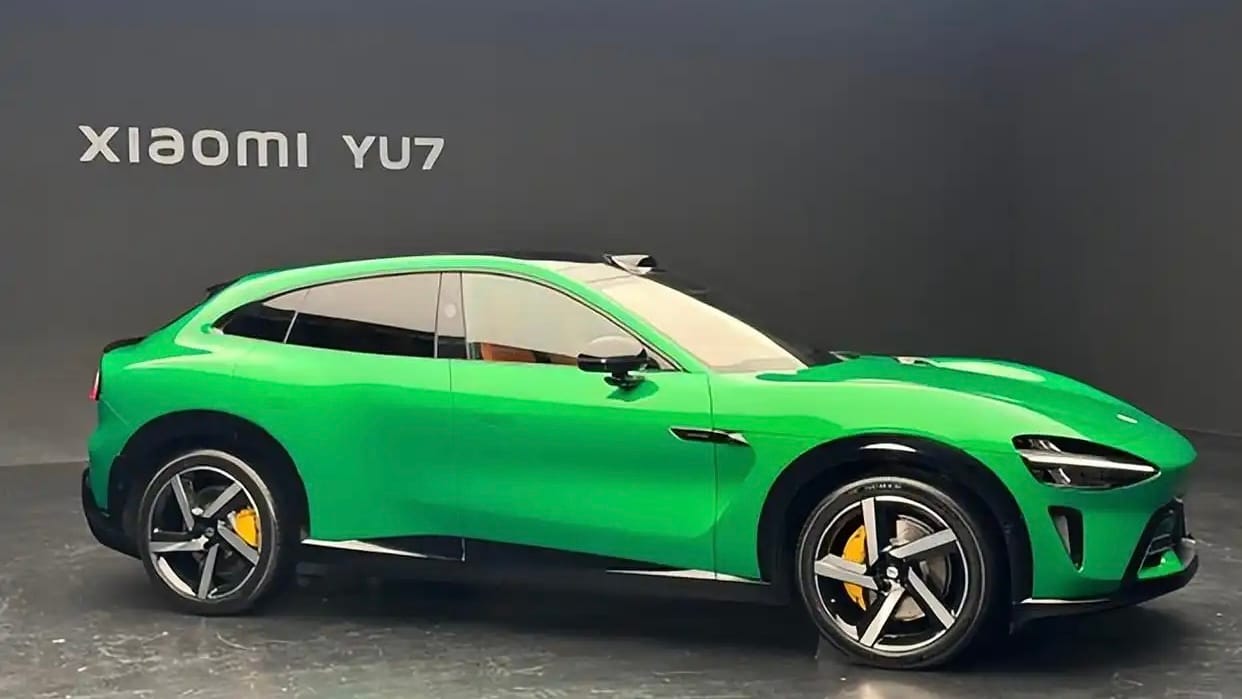
While sales are booming, Lei Jun admits challenges remain. The YU7 factory’s first phase can only make 1.5 lakh cars annually, but orders have already crossed 3 lakh units. The waiting period for the standard version has stretched to 14 months. Some dealers are even reselling “zero-kilometer” YU7 cars for a profit of ₹1.2–2.5 lakh extra, showing demand-supply imbalance.
Another challenge is brand perception. Xiaomi is still largely seen as a “value-for-money” electronics brand. While the earlier SU7 had an impressive 88.91% resale value after one year, it remains to be seen whether luxury car buyers will accept a ₹30–35 lakh Xiaomi SUV. Lei Jun openly admitted: “The SUV market is 10x tougher than the sedan market, so we must ensure the highest quality possible.”
5. Future Plans: Will Xiaomi Cars Come to India?
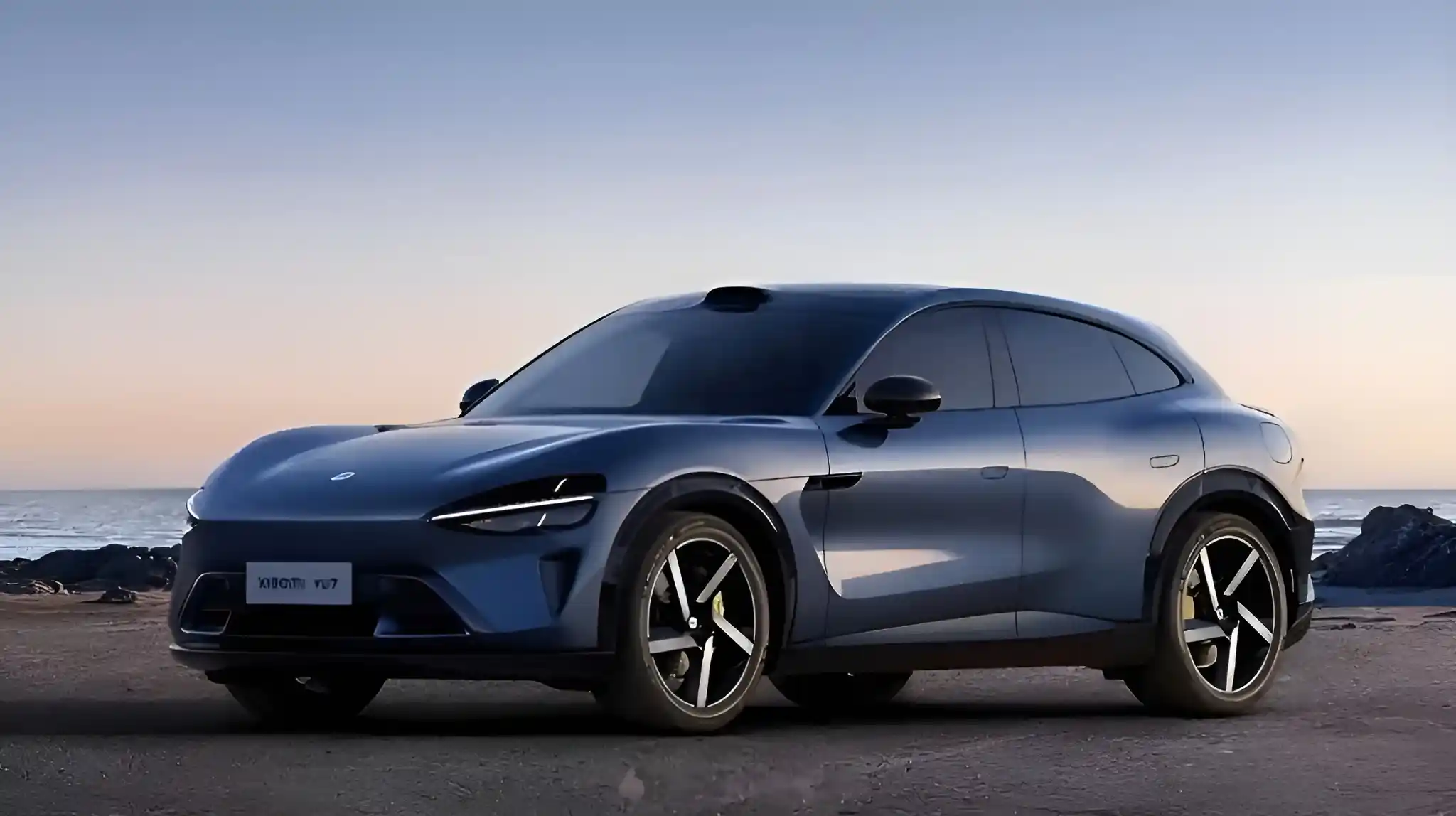
The YU7’s runaway success is forcing the entire auto industry to rethink. Traditional automakers now have no choice but to adopt “tech-first” strategies, while new startups are pushing faster into the luxury EV segment. Analysts predict Xiaomi Auto could sell 4–5 lakh units in 2025 and cross 8 lakh units by 2026. With new factories in Beijing, Wuhan, and Shanghai coming up, Xiaomi aims to build a complete ecosystem of “people + cars + smart homes” globally by 2026.
Xiaomi is also planning a massive ₹2.3 lakh crore (200 billion yuan) R&D investment over the next 5 years. This includes its own Xuanjie chip, advanced steel materials, and an AI-powered autonomous driving model. As Lei Jun said: “If you stand on the wind, even pigs can fly. But our job is not to wait for the wind – it is to create the wind.”
Conclusion
From being a smartphone brand to becoming a serious EV challenger, Xiaomi and Lei Jun have achieved two industry-level breakthroughs in just a decade. The Xiaomi YU7 isn’t just another electric car; it represents a new business model where tech thinking collides with traditional manufacturing. As industries merge and ecosystems expand, Xiaomi Auto is shaping the future of smart mobility – and India will be watching closely to see if this disruptor eventually lands on our roads.
Also Read:
Tata Harrier EV from ₹21.49L – Powerful & Affordable
Mahindra BE 6 Batman Edition: India Launch, Price & Features


